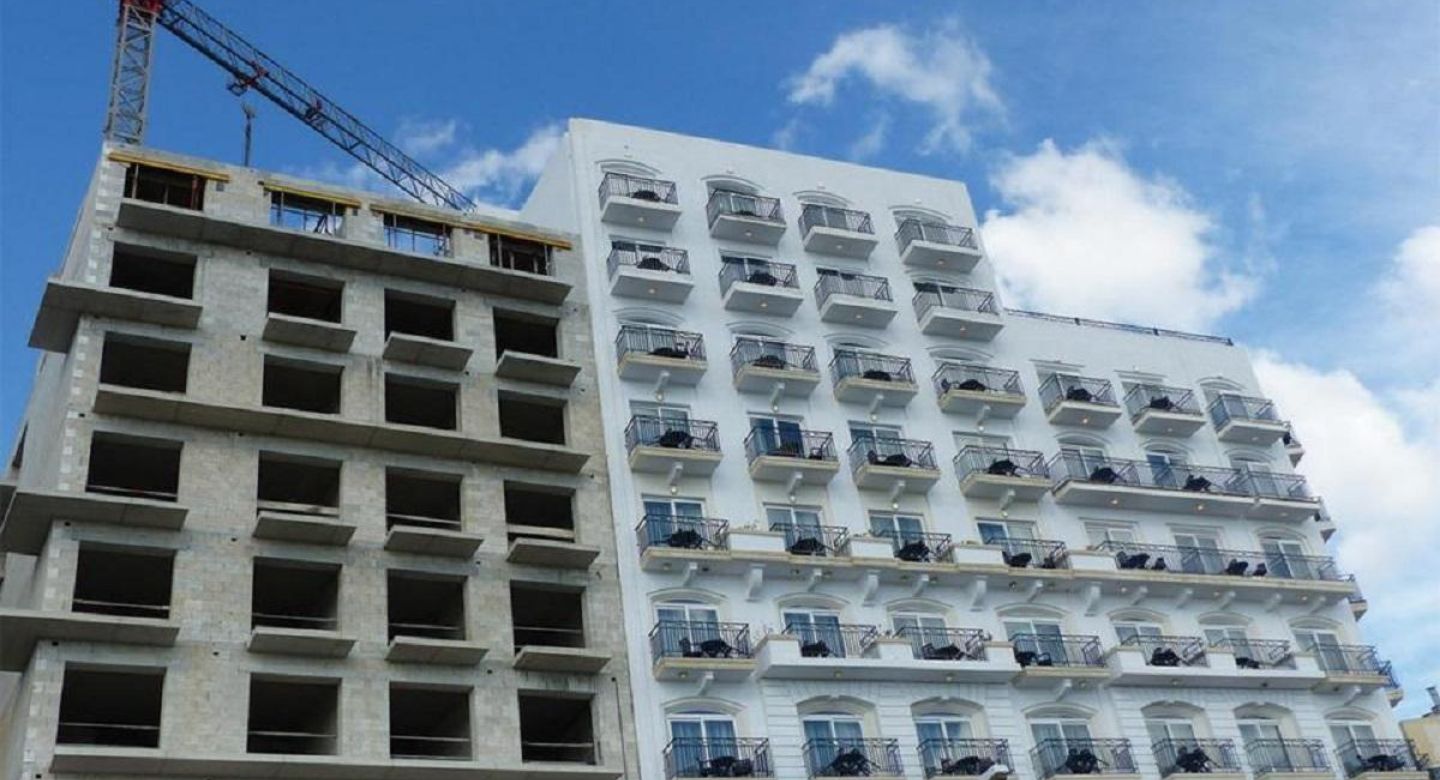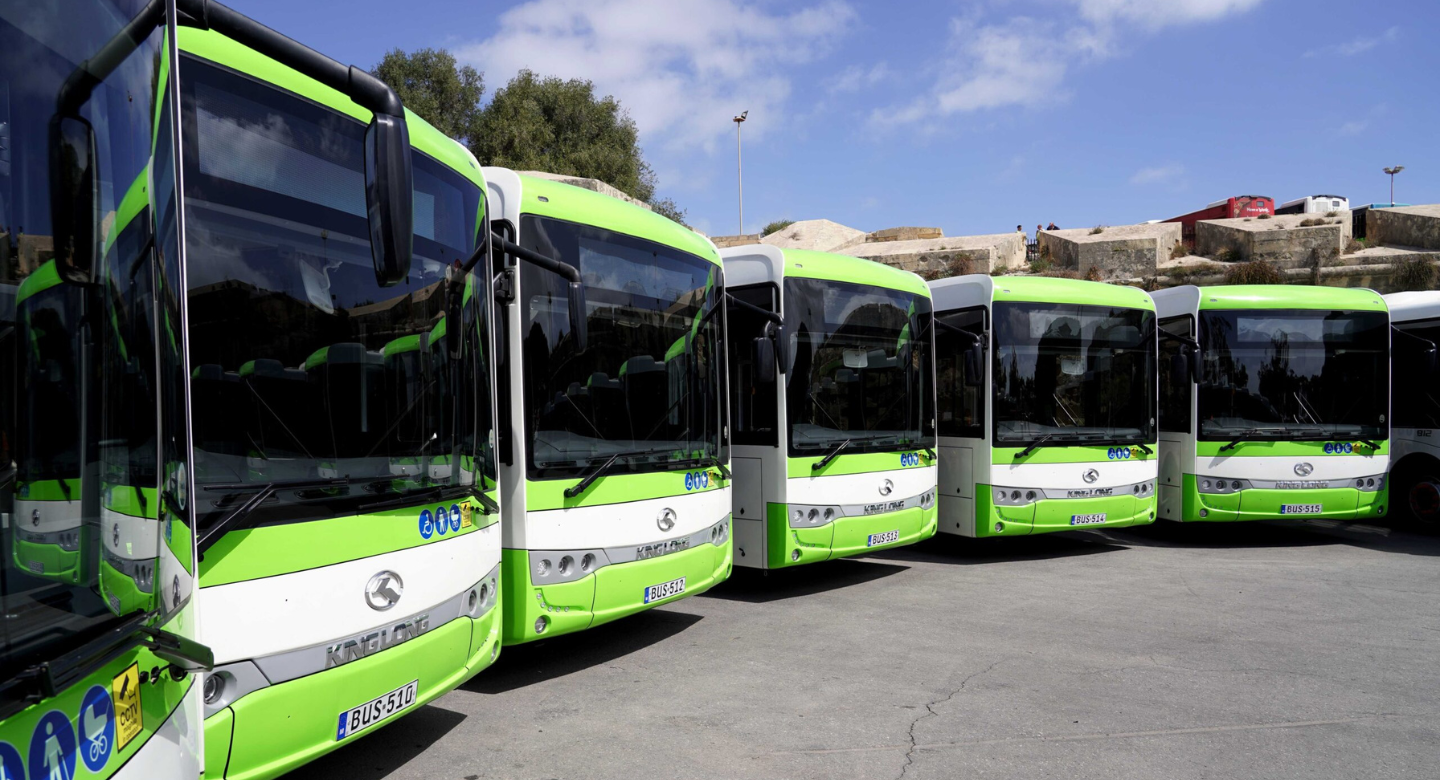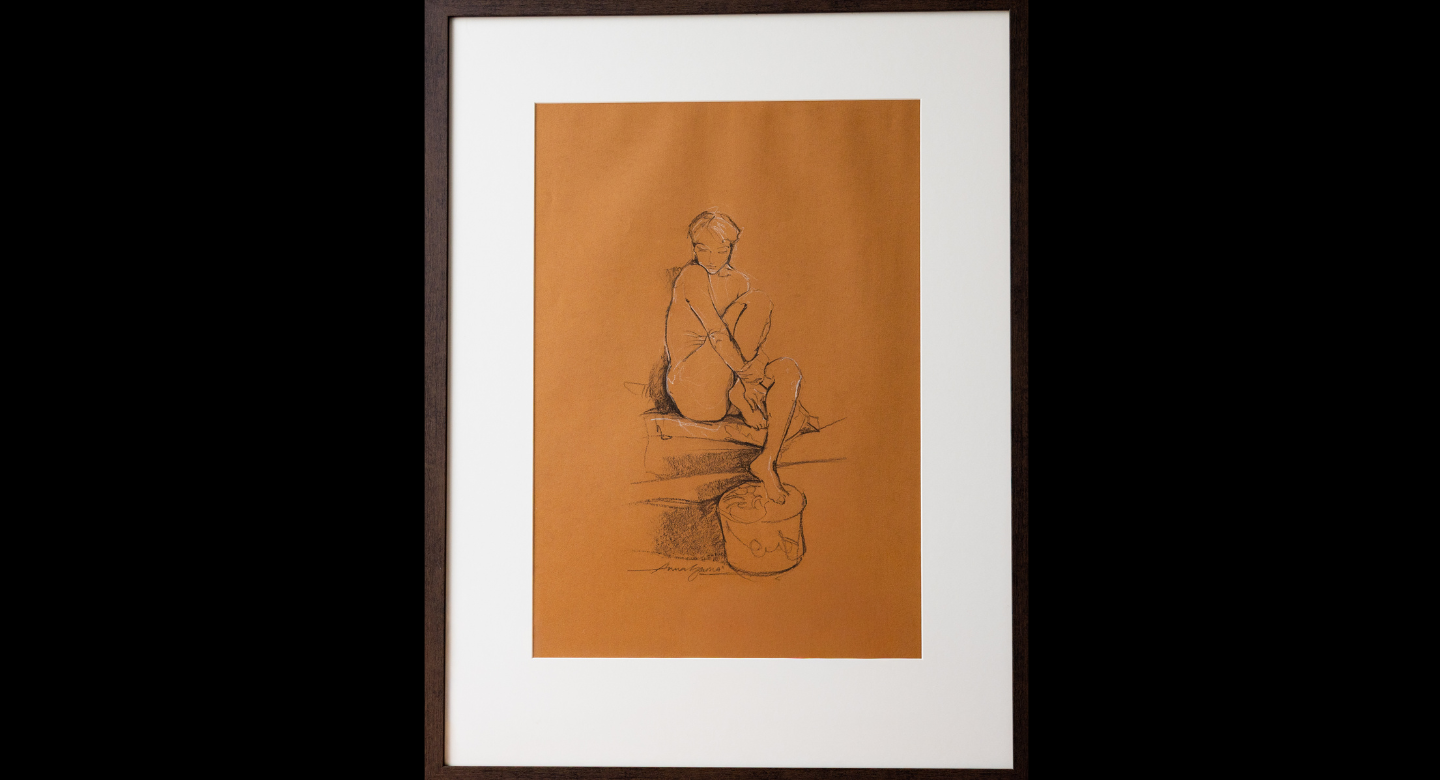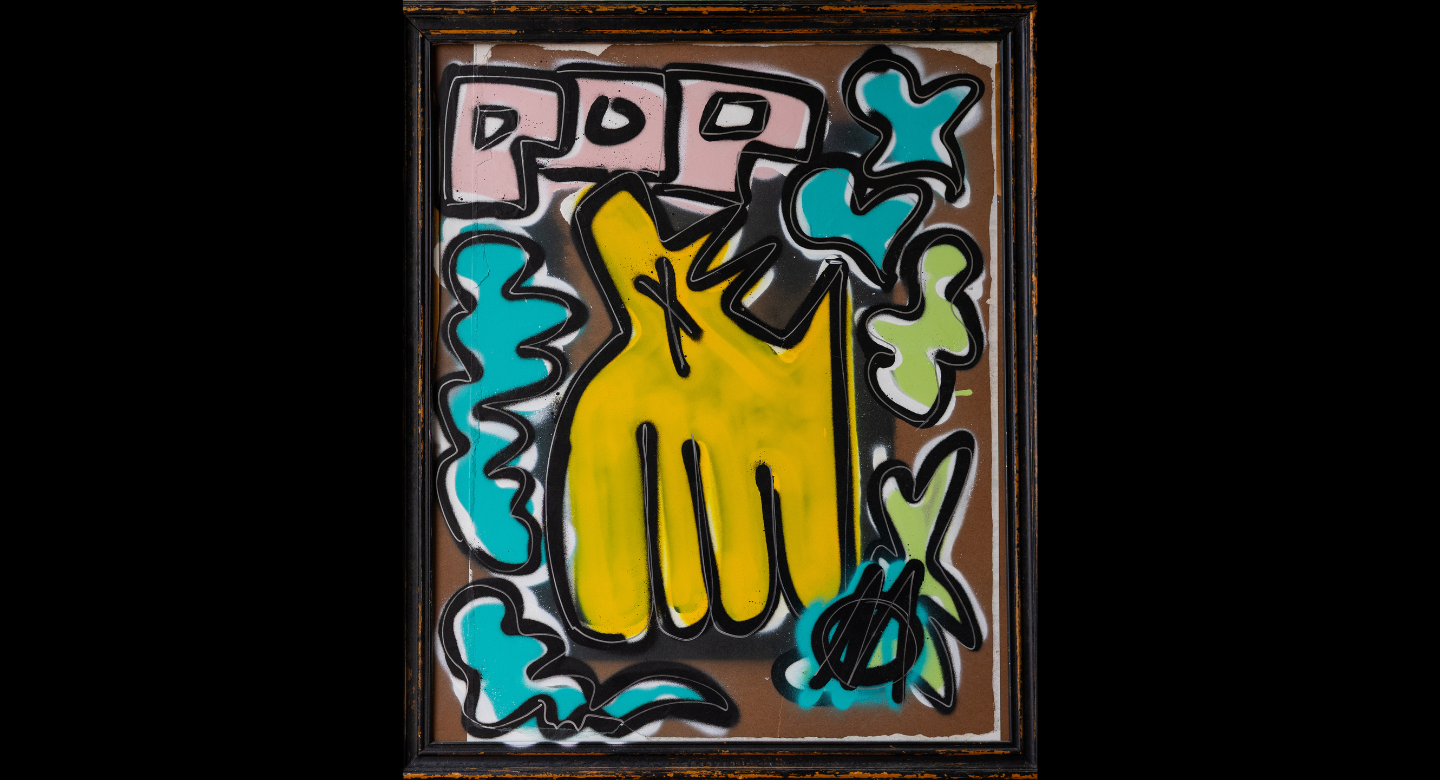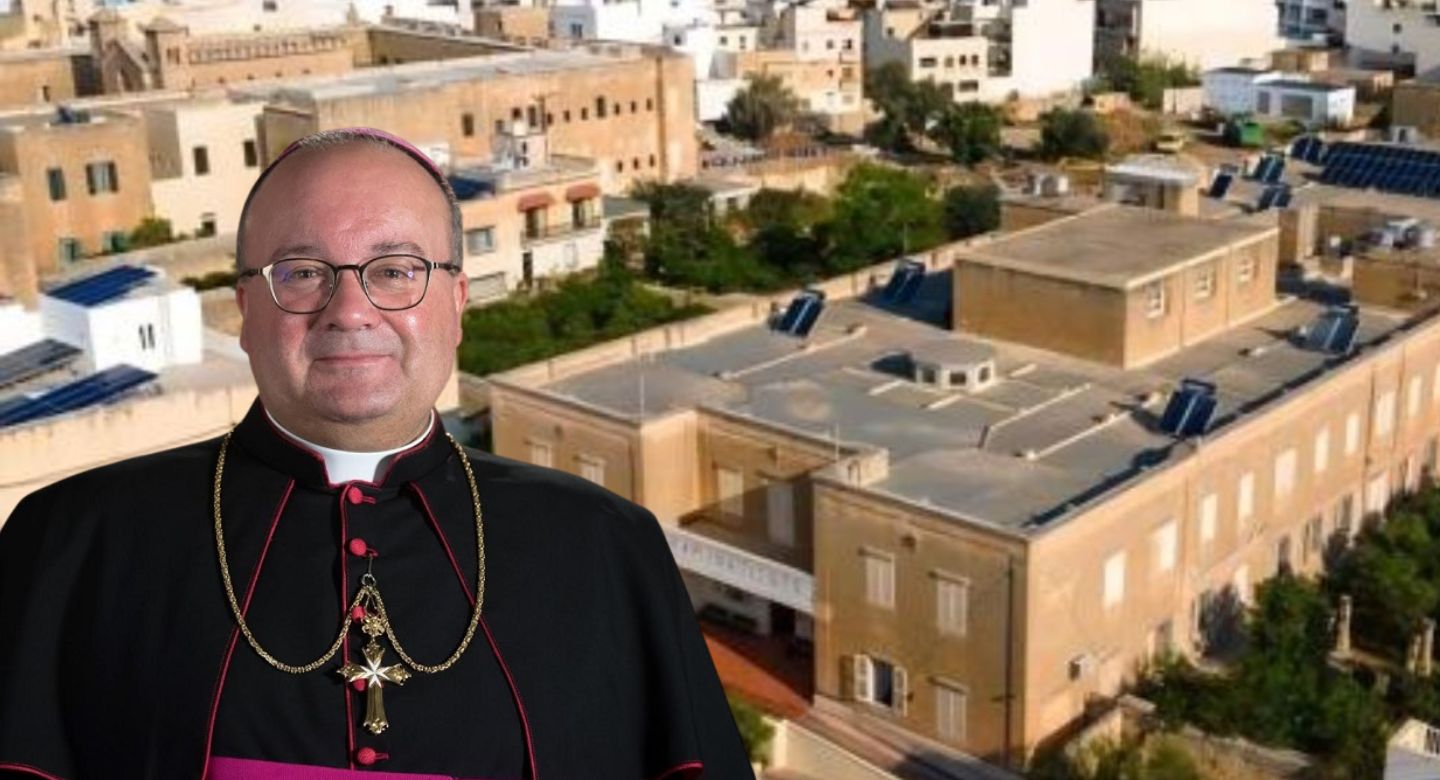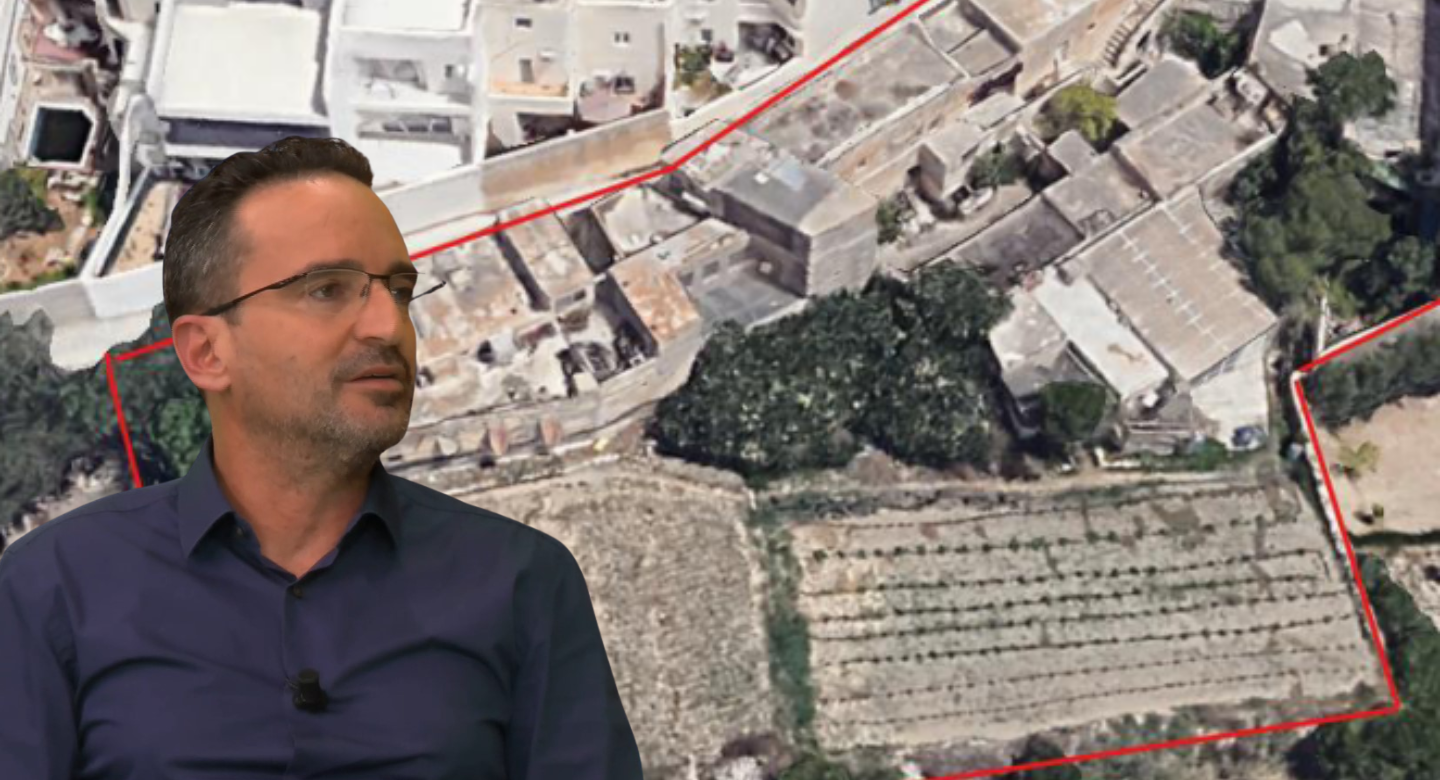Latest News
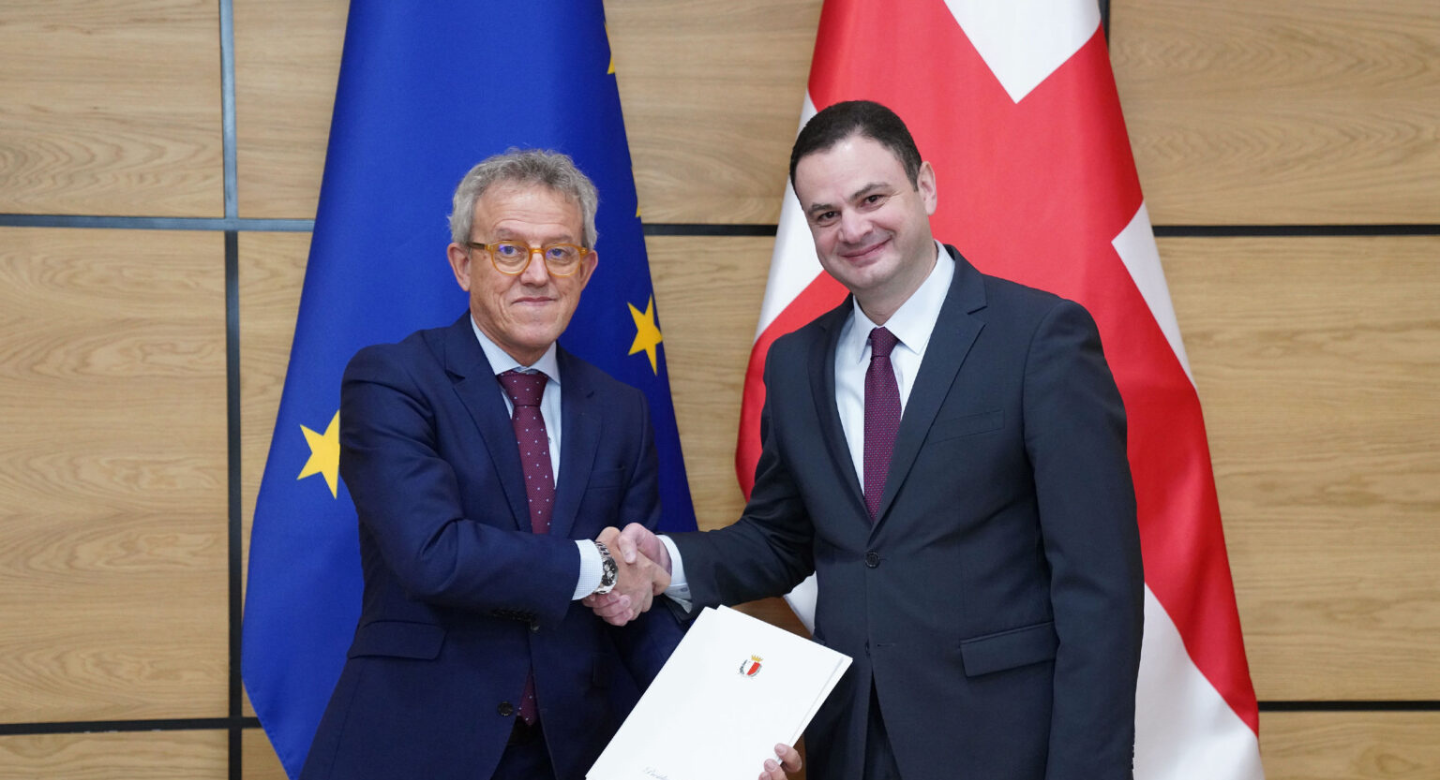
Key figures on infrastructure ministry's engineering board hold multiple government appointments
Three key figures on the engineering board, which issues warrants for certified engineers, hold multiple roles in both t..View More
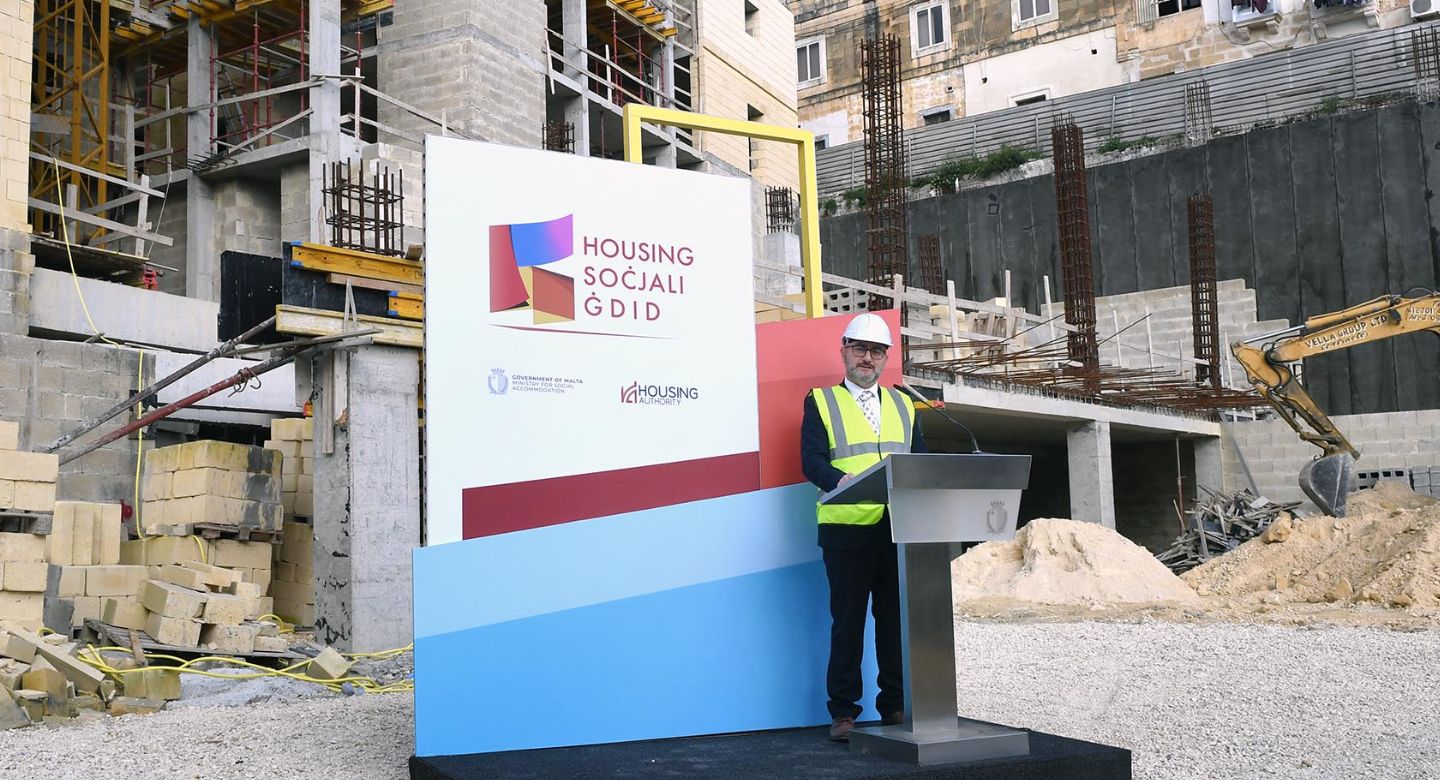
Malita ousts contractor on Bormla social accommodation, replacing it with new Joseph Portelli company
Malita Investments plc, the beleaguered government financial vehicle used to fund various social accommodation projects,..View More
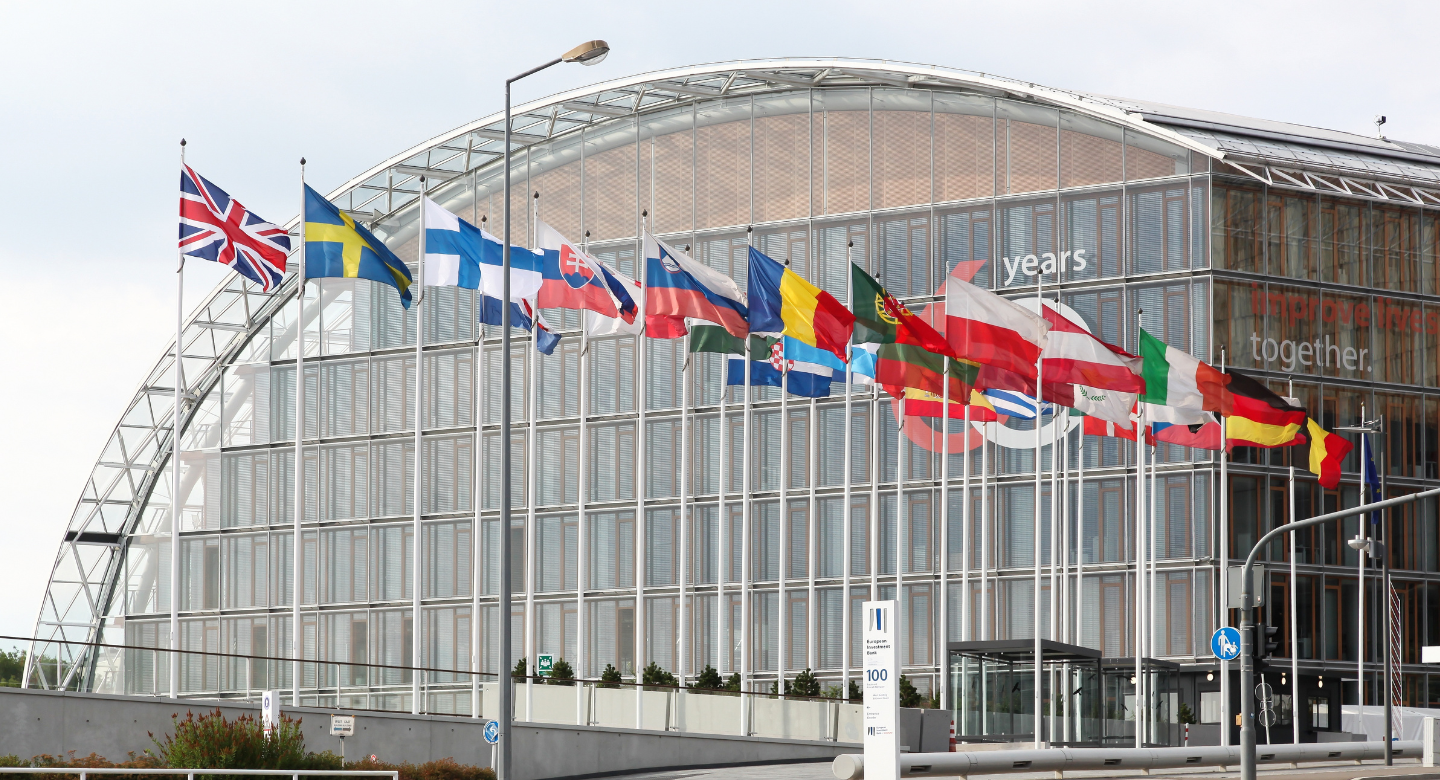
European Investment Bank monitoring Malita’s crisis as €22m loan untouched
Malta’s state-backed Malita Investments has yet to explain why a €22 million European Investment Bank (EIB) loan, ag..View More
ART FOR THE SHIFT 2025
Top Stories
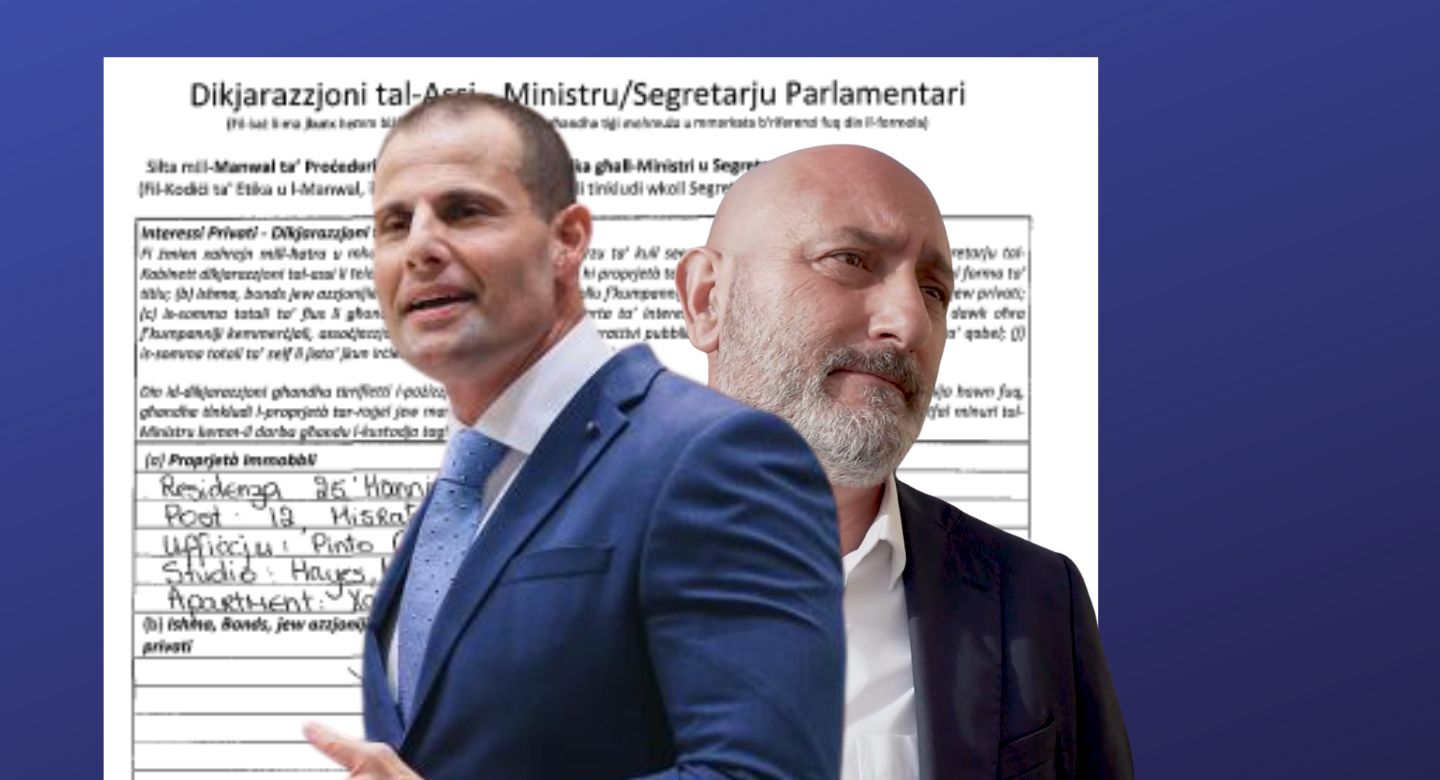
Minister failed to declare discounted penthouse in Cabinet asset declarations
Social Housing Minister Roderick Galdes is facing increasing pressure after it emerged that a penthouse he purchased at ..View More

Owen Bonnici retains aide who admitted to social benefits fraud
Culture Minister Owen Bonnici is employing in his private secretariat a political canvasser who has admitted in court to..View More

Malita chairman quits as governance crisis escalates
Malita Investments plc is facing a deepening governance crisis after its newly appointed executive chairman, Johann Farr..View More

Dalli blocks information on Enemalta's missing €60 million
Energy Minister Miriam Dalli continues to block the release of information linked to a €60 million shortfall in carbon..View More

How to lose a country’s hospitals, blame everyone else, and call it good governance
Let me put the deck on the table: I haven’t read the whole flipping thing; my life probably isn’t long enough. But..View More

At least €860,000 in taxpayer money down the drain as Malta Enterprise beneficiary vanishes
The Malta-based branch of a company that claims to provide cutting edge fertility technology, Pera Labs, has disappeared..View More
